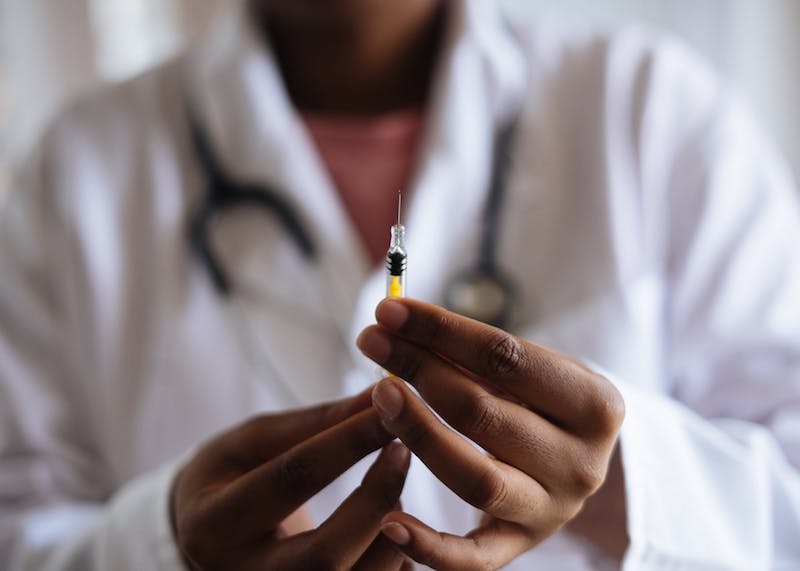Researchers at Weill Cornell Medicine – Qatar (WCM-Q) and Qatar university (QU) have shown that even a ‘moderately effective’ vaccine could be enough to stop the current coronavirus pandemic.
The study – Epidemiological impact of SARS-CoV-2 vaccination: mathematical modeling analyses – funded by NPRP grant number 9-040-3-008 and NPRP grant number 12S-0216-190094 from Qatar National Research Fund, was conducted by the Infectious Disease Epidemiology Group at WCM-Q in collaboration with Dr Houssein Ayoub from QU. The study is new and yet to be peer-reviewed, but has been released in commitment to the principles set out in the 2016 Statement on Data Sharing in Public Health Emergencies.
With several COVID-19 vaccines still in early stages of development, Dr Monia Makhoul, co-lead of the study and a post-doctoral research associate at WCM-Q, said they aim to provide the scientific evidence that can be used to help in vaccine development, licensure, decision-making, and administration strategies. She said that in the study, they determined the preferred characteristics for COVID-19 vaccines and forecasted their impact at population-level.
Using mathematical modeling of COVID-19 spread in China, the scientists found that a vaccine that reduces susceptibility to contracting the infection by more than 70% is needed to eliminate the infection.
Even if a vaccine has an efficacy of less than 70%, it could still have a major impact, if individuals who get the infection but are vaccinated, become less infectious or have a faster recovery, said Dr Houssein Ayoub, co-lead author of the study.
The study also found that infection spread can be controlled with a moderately effective vaccine if used in conjunction with moderate social distancing, or if a significant number of people who were infected during this current wave of the virus become immune.
The team also studied the value-for-money of vaccines and found that even with an efficacy of just 50%, a COVID-19 vaccine could prevent one infection for every 2.4 people vaccinated.
Hiam Chemaitelly, another co-author of the study and a senior epidemiologist at WCM-Q, said that for maximum effectiveness, value for money and best use of resources, vaccination strategies should prioritise vaccinating individuals who are 60 years old and older, and those with co-morbidities, and then gradually provide the vaccine to younger age groups.
Dr Laith Abu Raddad, leader of the study team, said the results provide room for optimism.
Even a vaccine which works in just 50% of cases would be a game-changer, allowing us to control the infection, save lives, and resume economic and normal life activities.
For updates and more information about the ongoing research at WCM-Q, visit their website at qatar-weill.cornell.edu.






